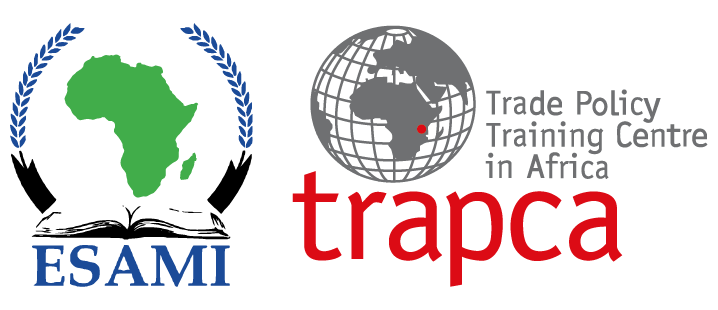This course looks into interrelated implementation, legal, regulatory and policy design aspects of the AfCFTA and African regional trade regimes. It contextualizes these issues within negotiation and implementation capacities of AU members. It goes beyond classical structure of trade agreements, which classifies subject matter into sectors (i.e. trade in good, trade in services, investment facilitation etc.) and identifies synergies and key issues that are normally treated as grey areas among these subject matters.
The course further conceptualizes interrelationships of the various intra and inter-agreement technical subject matter that are key and necessary to have economically big and small AU Members to competently negotiate, express and define their interests and beneficially implement the negotiated outcomes. By the same token, it takes evidence-based approach in assessing beneficial implementation viability of the AfCFTA and African trade regimes.
Objectives of the Course
The objectives of the course are to:
Expected outcomes of the course
Conceptualize the relationship of AfCFTA and African RTA’s Protocols and/or agreements on Trade in Services and their transactional interrelationships with the agreement on trade in goods including agricultural and non-agricultural goods.
Fees and other costs
The fee for the programme will be payable in US dollars and will cover tuition, presentation material and other documentation. It also includes lunch and refreshments during each working day. Discounts are available for every 2 or more delegates registered from the same institution.
Course Fee: $1,300
Venue: Mombasa, Kenya. However, subject agreement with clients, the course may be offered in any of the following venues: Kampala, Uganda, Mombasa, Kenya; Nairobi Kenya; Zanzibar; Arusha, Tanzania and Dubai.
Dates: 22 May 2023
How to apply
Prospective participants should apply by filling the form below.
Inquiries
For any inquiries, kindly write to admissions@trapca.org
